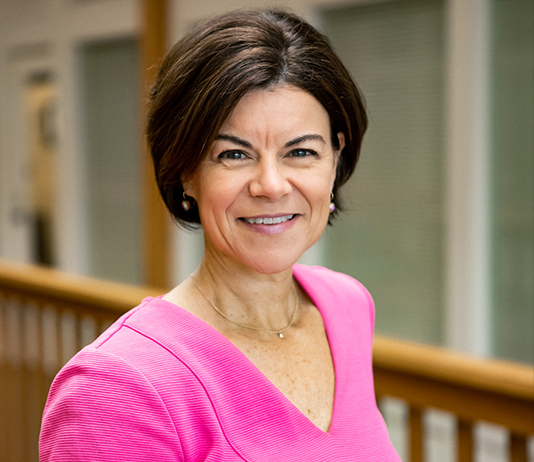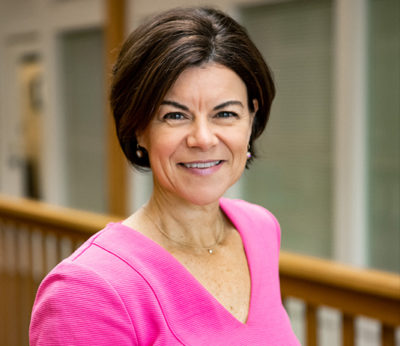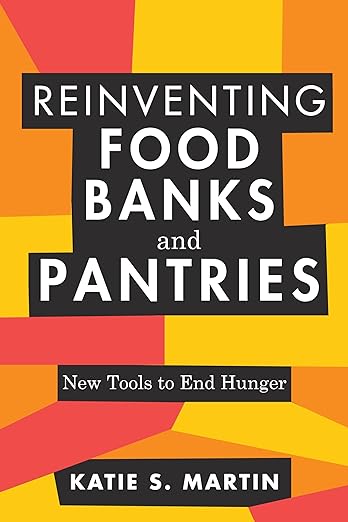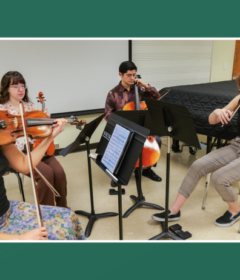National Expert on Food Insecurity to Speak at Stetson on Jan. 31


An author and national expert on food insecurity will speak at Stetson on Wednesday, Jan. 31, as part of a local summit that brings together food pantries and other partners to discuss ways to improve the charitable food network.

Katie Martin, PhD, has spent more than 25 years working to fight hunger and wrote the book, “Reinventing Food Banks and Pantries: New Tools to End Hunger.” She offers a new model for tackling hunger that focuses less on providing bags of emergency food to people in need and more on meeting their nutritional needs and addressing the root causes of hunger.
She will give a presentation entitled, “Reinventing How We Tackle Hunger,” on Jan. 31 from 6-7 p.m. in the Stetson Room in the Carlton Union Building (CUB). Cultural Credit will be available and the public is invited.
Martin writes in her book that America’s food banks and hunger-relief organizations provide billions of meals a year to people in need, “providing more food to more people. We’ve done a great job of that. … Yet, if this tactic were successful, we would have solved the problem of hunger a long time ago. Sadly, food insecurity remains a persistent public health problem, affecting over 37 million Americans in 2018.”
While visiting Stetson, Martin will facilitate discussions at a food insecurity summit with local food pantries, health care providers and other agencies interested in transforming the charitable food network. Martin advocates for providing healthier foods, such as fresh produce, because people who face food insecurity are at the highest risk of obesity, type 2 diabetes and heart disease.

Robert Maglievaz, an assistant professor of practice in Public Health, organized the summit after conducting a study on food insecurity in the area from 2021-2023 while working for the Florida Department of Health.

Among the findings: Some local pantries have seen a 40% increase in people needing food since the COVID pandemic. Most people who visit the local food pantries work full-time. But they do not earn enough in low-paying jobs, such as fast-food workers and hotel housekeepers, to support themselves. They rely on food pantries to reduce their food expenses, allowing them to pay rent and other bills. But fresh vegetables and other healthier food donations are in limited supply at pantries, which impacts public health.
“The charitable food system is about food in and food out,” Maglievaz said. “It’s about getting as much food as we can gather and getting it out to the people who need it. And we have the best charitable food system in the world, in my opinion. But the public health issues are huge.”
-Stetson Today



